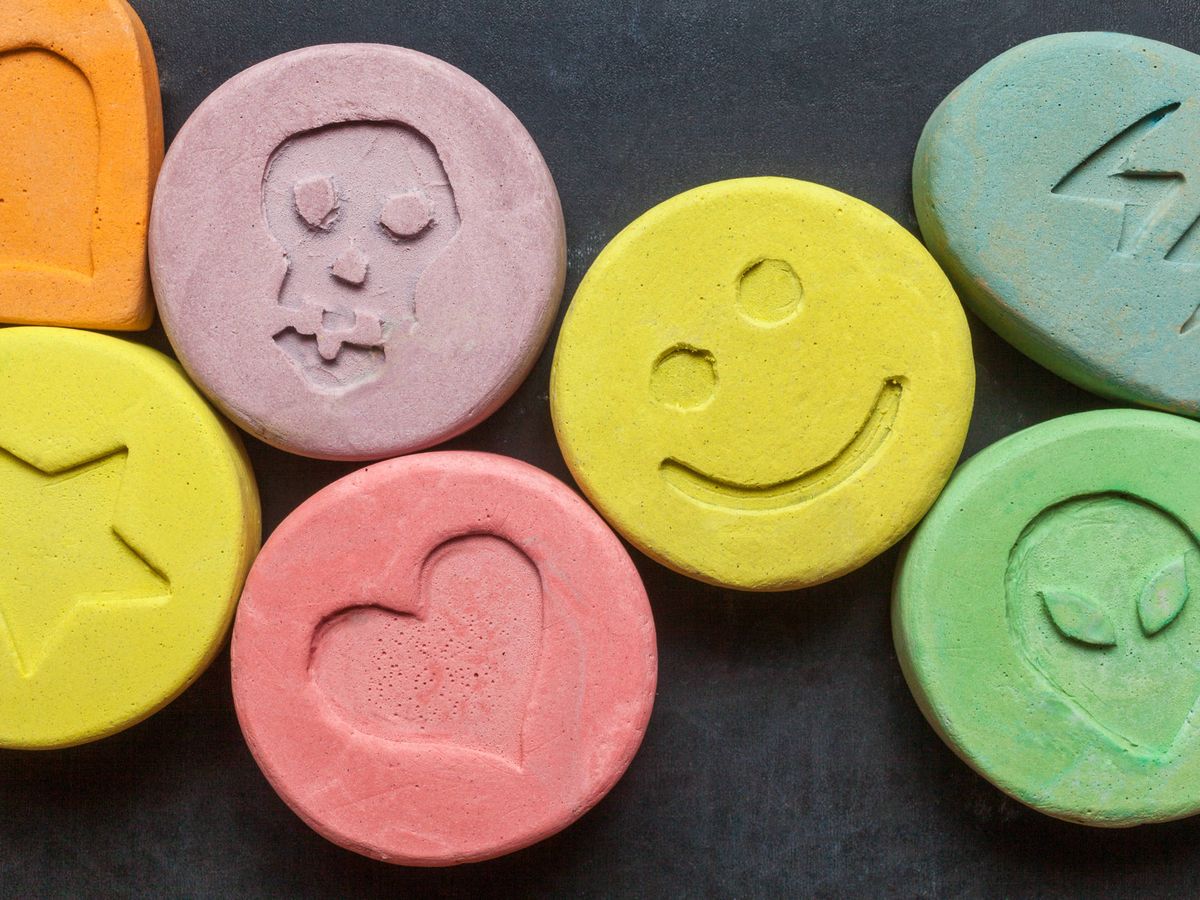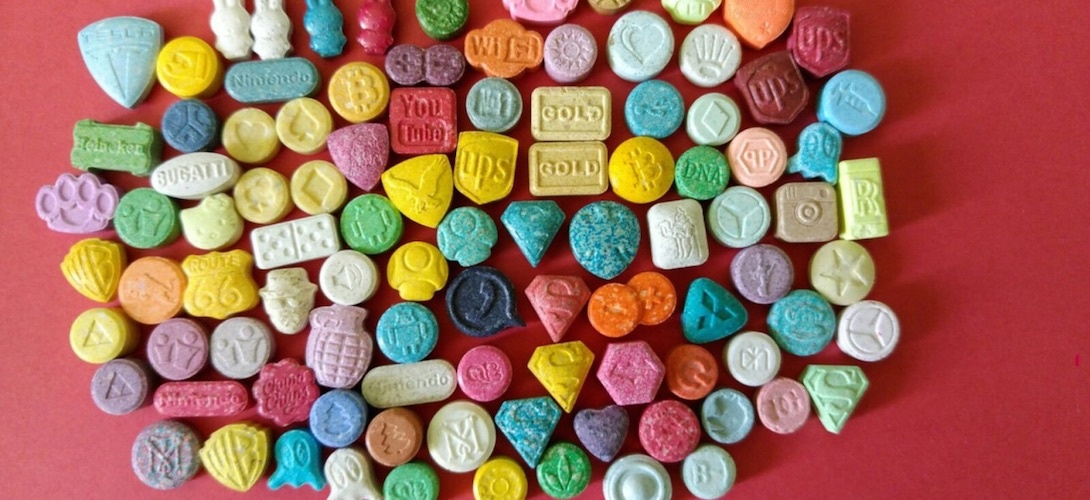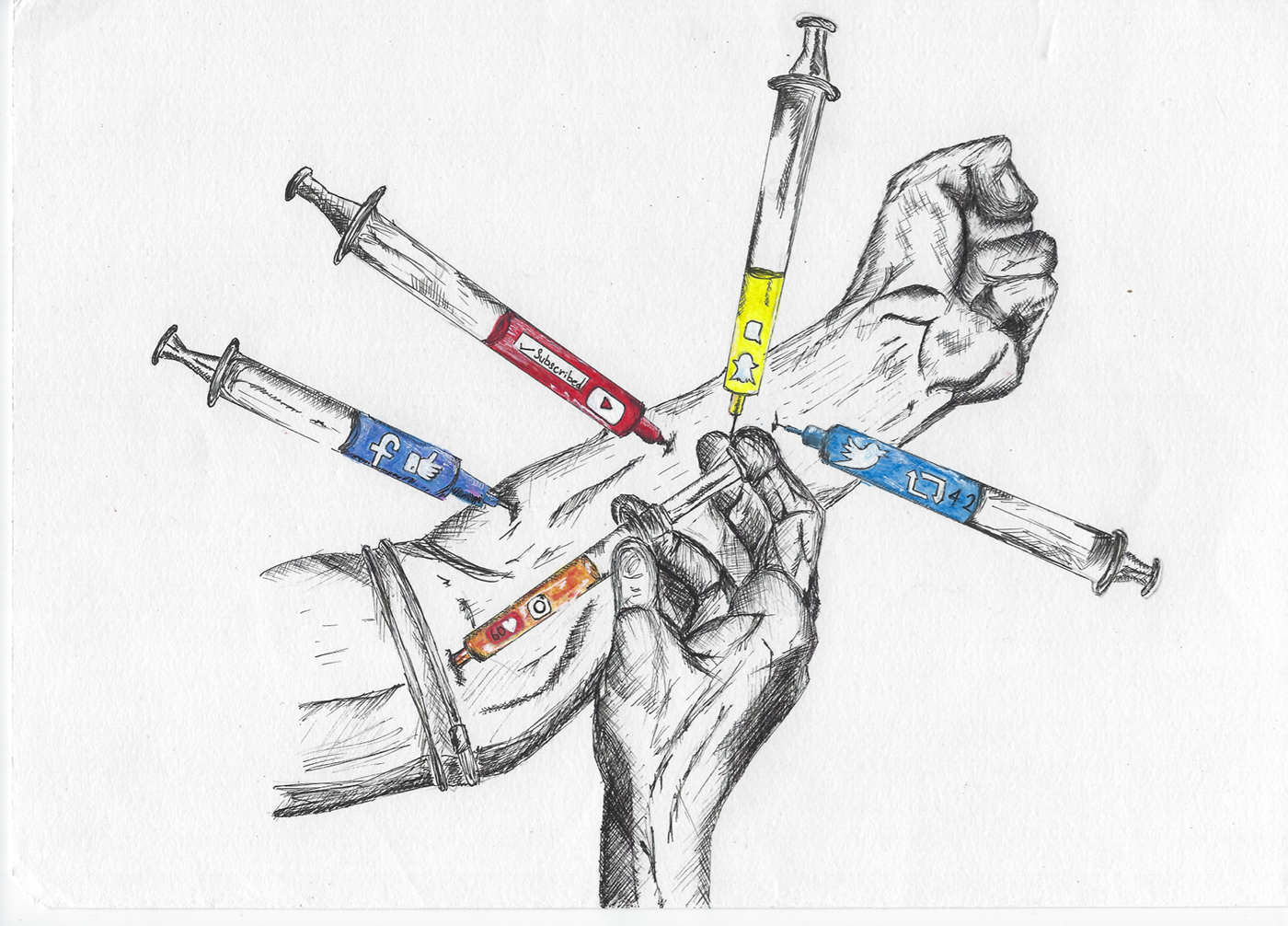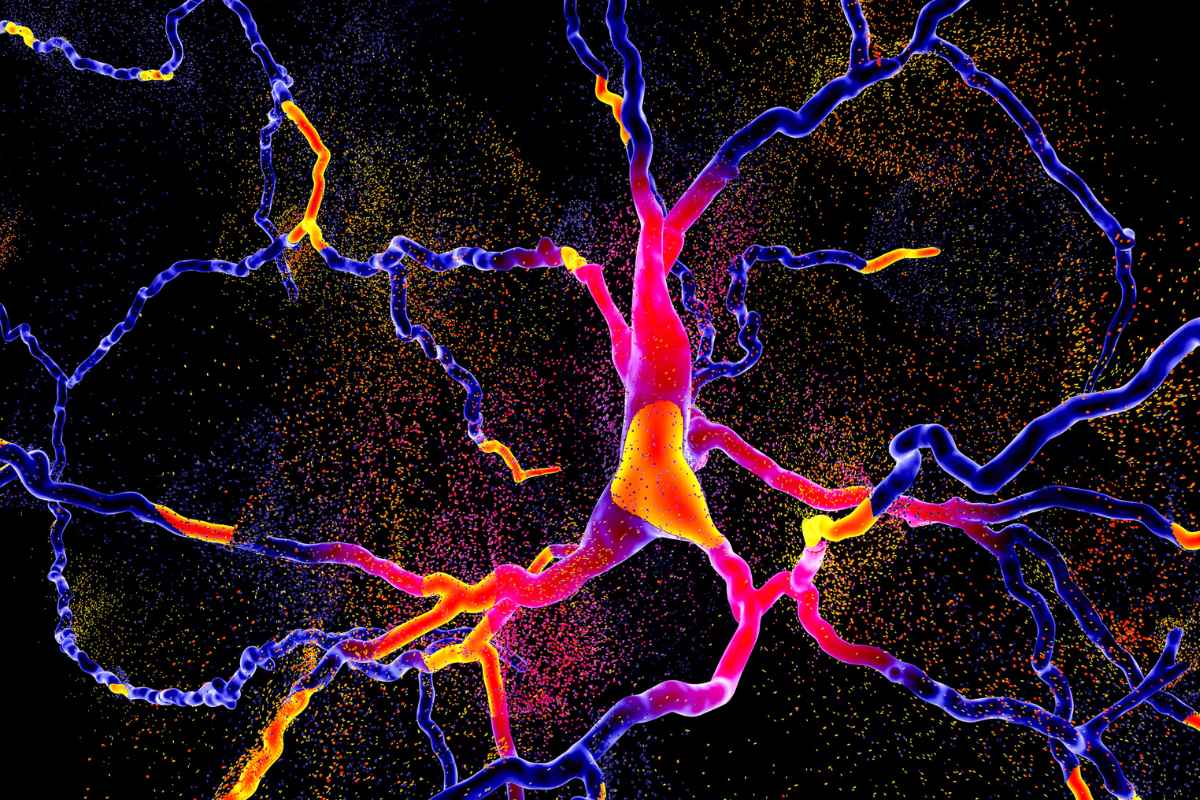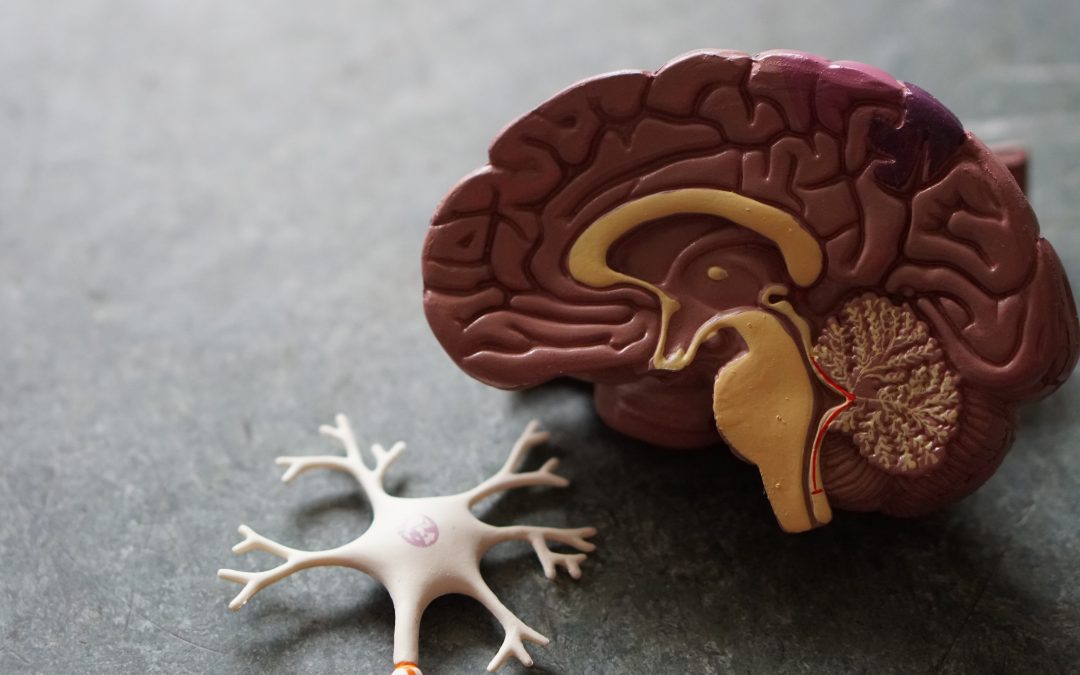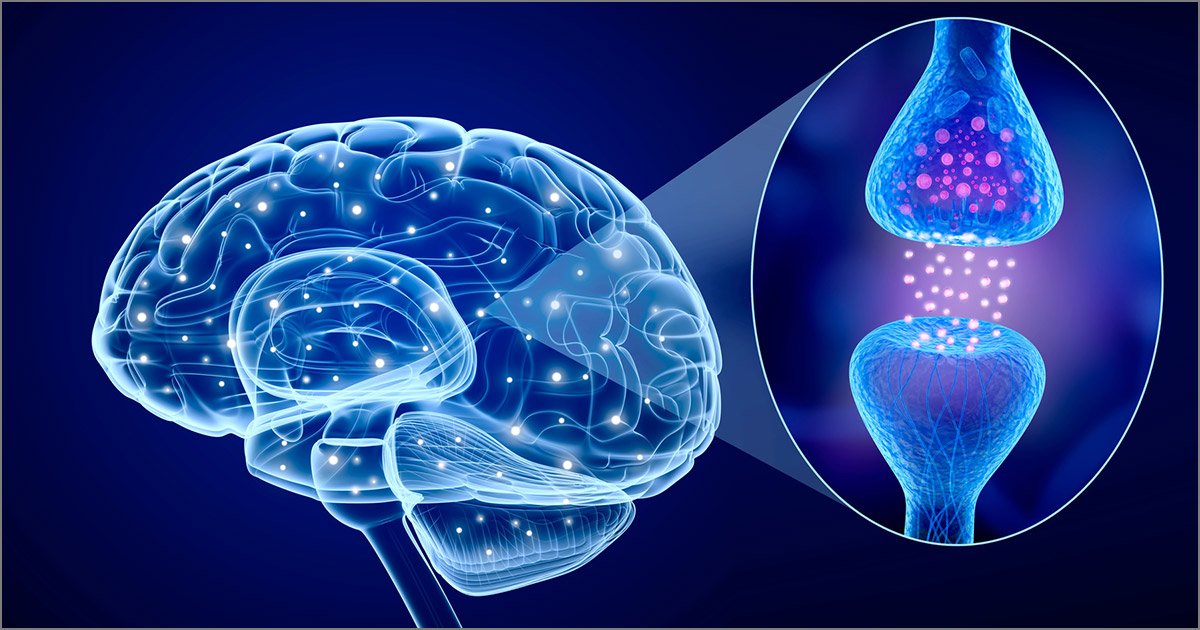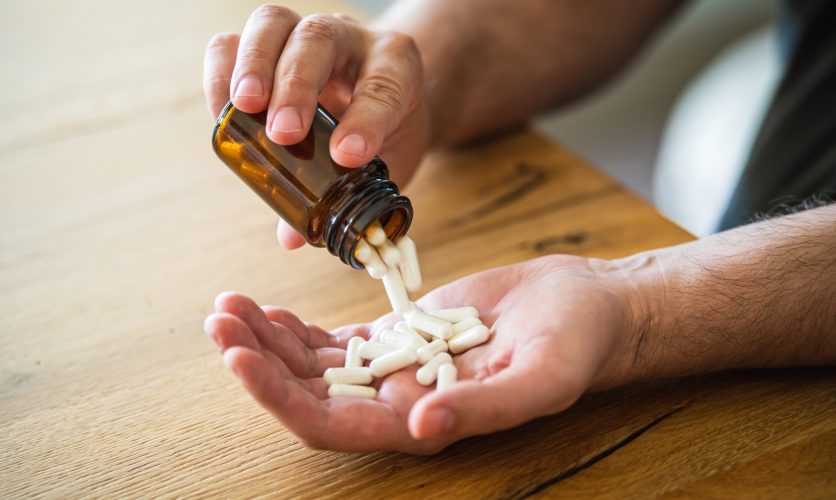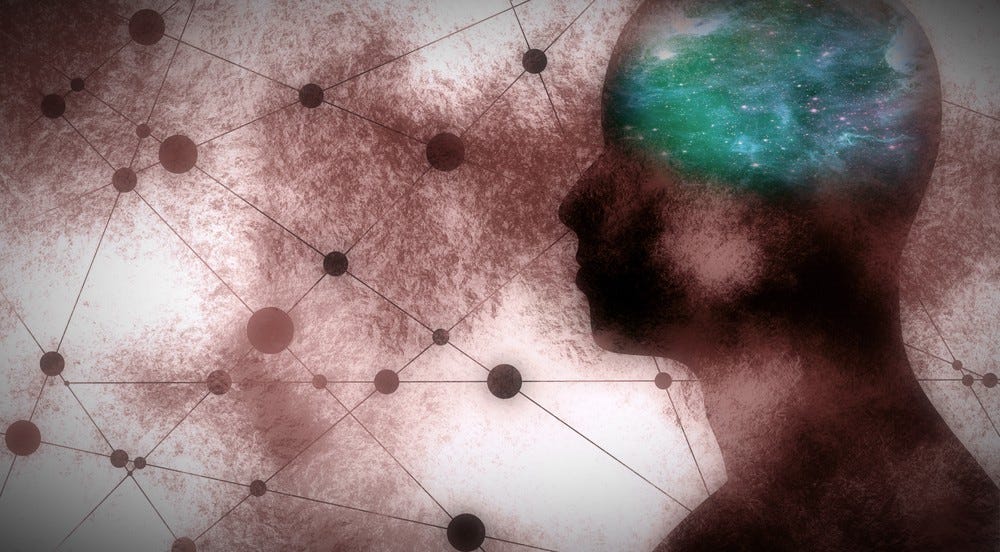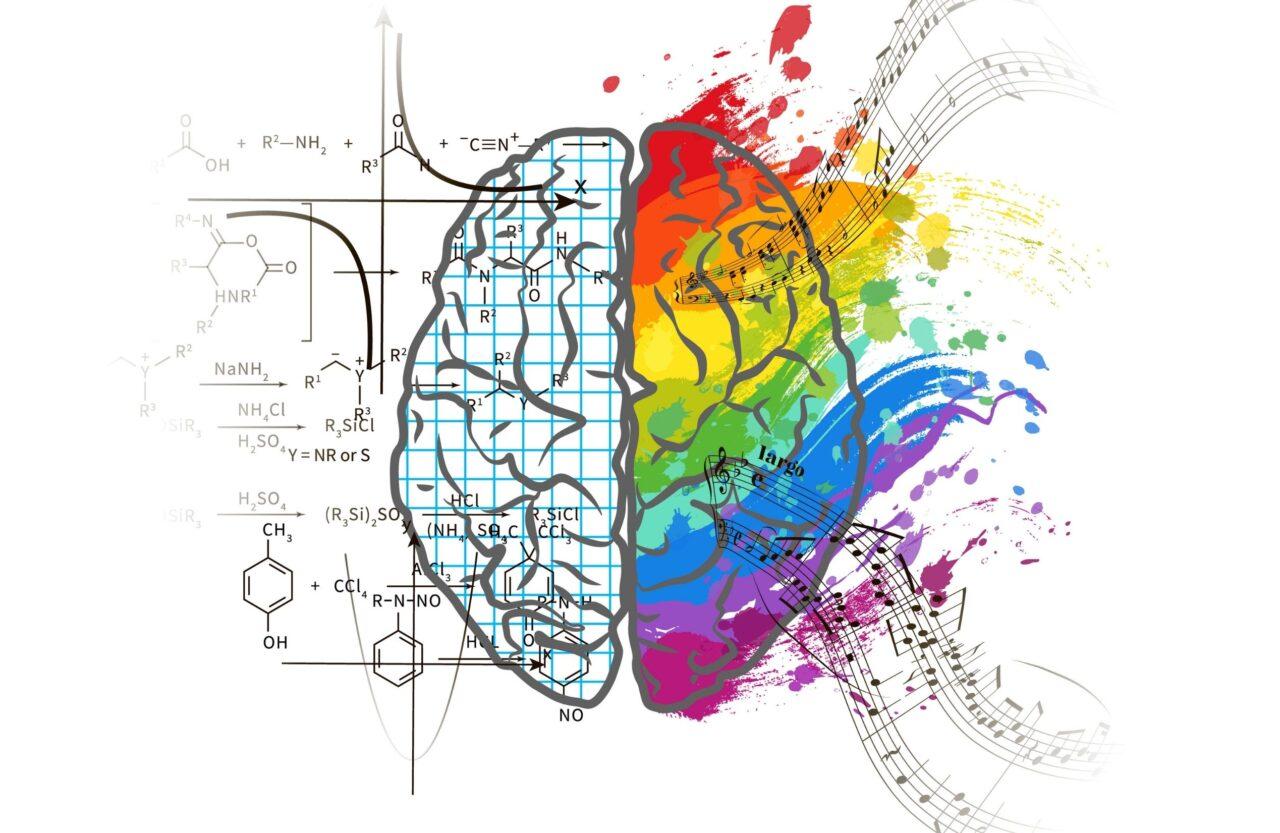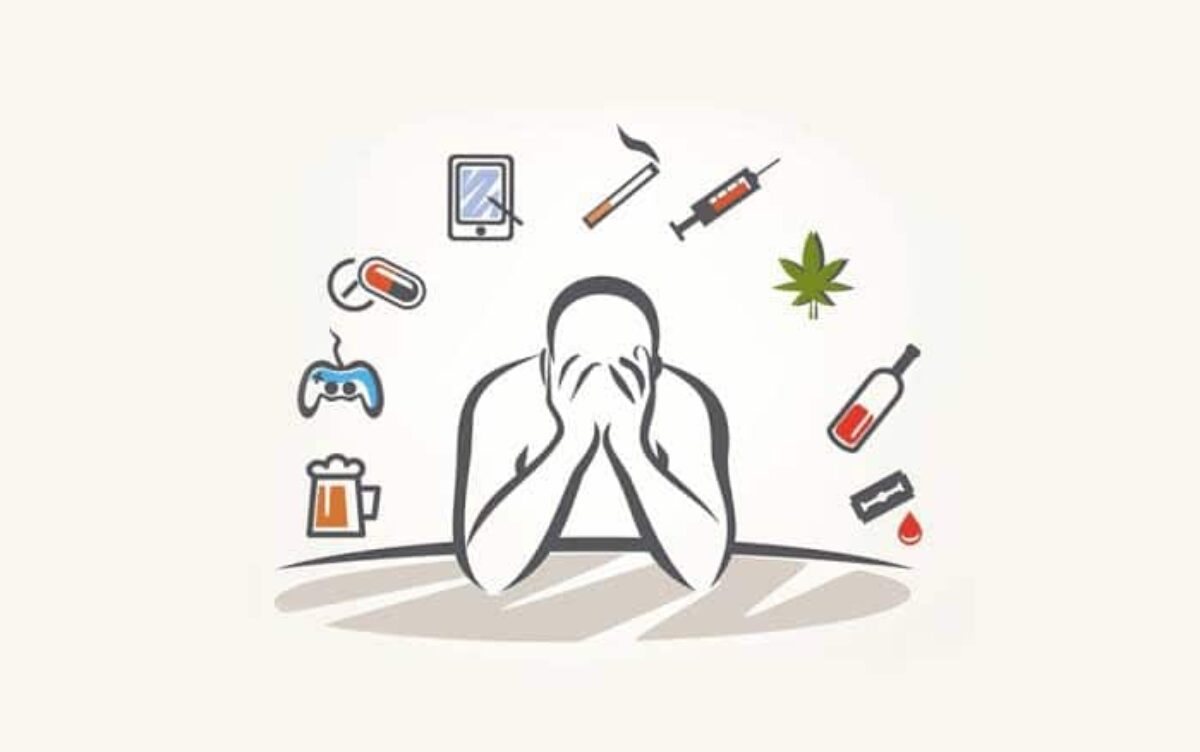When it comes to finding the best rehab in Los Angeles, you want a facility that stands out for its commitment to recovery, innovation, and personalized care. Los Angeles, with its vibrant culture and sunny environment, has become a hub for top-tier rehabilitation centers, but not all are created equal. All American Detox, located in Los Angeles, offers a comprehensive, compassionate approach to recovery, making it a standout choice for individuals seeking to reclaim their lives from addiction.
In this article, we’ll explore the top features that define the best rehab centers in Los Angeles and show how All American Detox exemplifies these qualities.
Call Now for More Inofrmation (818) 918-6161
Why Los Angeles Is Ideal for Recovery
Los Angeles provides an unparalleled environment for healing and recovery. From its beautiful weather to its serene landscapes, the city offers a perfect backdrop for individuals looking to reset their lives. For those seeking a supportive and effective rehabilitation experience, All American Detox leverages the best of what LA offers, combining professional expertise with an environment conducive to wellness.
1. Comprehensive Detox Programs
Detoxification is the critical first step in addiction recovery. At All American Detox, the process is designed to prioritize safety and comfort. Their medical detox programs are tailored to individual needs, ensuring that clients receive the right level of care.
The facility offers:
- 24/7 medical supervision
- Evidence-based detox protocols
- Support for withdrawal symptoms with minimal discomfort
This focus on personalized care during detox sets All American Detox apart as one of the best rehabs in Los Angeles.
2. Personalized Treatment Plans
No two journeys to recovery are the same, which is why personalization is key. All American Detox takes a holistic approach, offering customized treatment plans that address the unique challenges and goals of each client.
Their programs include:
- One-on-one counseling sessions
- Group therapy for peer support
- Holistic therapies like yoga and mindfulness practices
- Family therapy to rebuild trust and relationships
Personalized care ensures that every individual gets the tools and support they need for long-term recovery.
3. Experienced and Compassionate Staff
The staff at All American Detox are not only highly trained but also deeply compassionate. Their team includes licensed therapists, medical professionals, and support staff who are dedicated to helping clients achieve sustainable recovery.
Features of the staff experience include:
- Extensive expertise in addiction treatment
- A commitment to building trust and rapport
- Ongoing professional development to stay at the forefront of treatment advancements
4. State-of-the-Art Facilities
Environment plays a crucial role in the recovery process. All American Detox boasts modern, comfortable facilities designed to promote relaxation and focus. The center features:
- Private and semi-private rooms
- Tranquil outdoor spaces
- On-site amenities like fitness centers and lounges
- A clean, secure environment conducive to healing
These amenities ensure clients feel supported, comfortable, and motivated throughout their stay.
5. Dual Diagnosis Treatment
Many individuals struggling with addiction also face underlying mental health conditions. All American Detox excels in dual diagnosis treatment, addressing both addiction and co-occurring disorders such as anxiety, depression, or PTSD.
This integrated approach is critical for long-term recovery, ensuring that clients achieve both emotional and physical well-being.
6. Aftercare and Relapse Prevention
Recovery doesn’t end when the program does. All American Detox emphasizes aftercare and relapse prevention as essential components of their treatment process. They provide:
- Transition planning to help clients reintegrate into everyday life
- Support groups and ongoing counseling
- Resources for building a strong support network
- Relapse prevention education and skills
With a strong focus on continuity of care, All American Detox ensures clients remain on the path to recovery long after leaving the facility.
7. Focus on Family Involvement
Addiction doesn’t just impact individuals; it affects families too. All American Detox prioritizes family involvement, offering programs that rebuild trust, improve communication, and educate loved ones about addiction and recovery.
Family programs include:
- Structured family therapy sessions
- Education on addiction and its impact
- Guidance on how to support a loved one in recovery
By involving families, All American Detox fosters a comprehensive healing process.

8. Prime Location in Los Angeles
Location matters, and All American Detox takes full advantage of its prime setting in Los Angeles. The city’s natural beauty and cultural richness provide an inspiring backdrop for recovery.
Whether it’s taking a mindful walk on a nearby beach or enjoying the tranquility of the center’s outdoor spaces, clients benefit from the healing energy of Los Angeles.
9. Evidence-Based Therapies
Effective rehabilitation is grounded in science. All American Detox integrates evidence-based therapies, ensuring that clients receive treatments proven to work. These include:
- Cognitive-behavioral therapy (CBT)
- Dialectical behavior therapy (DBT)
- Trauma-focused therapy
- Motivational interviewing
These approaches empower clients to address the root causes of addiction and develop healthy coping strategies.
10. Holistic and Wellness Programs
Holistic care is a cornerstone of All American Detox’s philosophy. They understand that recovery is not just about overcoming addiction but also about fostering overall wellness. Holistic offerings include:
- Nutrition planning
- Meditation and mindfulness sessions
- Art and music therapy
- Fitness programs
By nurturing the mind, body, and spirit, All American Detox helps clients build a balanced and fulfilling life.
FAQs About All American Detox and Rehab in Los Angeles
1. What types of addiction does All American Detox treat?
All American Detox specializes in treating a wide range of substance use disorders, including alcohol, opioids, benzodiazepines, methamphetamines, and more. Their tailored programs ensure effective care for each type of addiction.
2. Is All American Detox a residential facility?
Yes, All American Detox offers residential treatment options that provide a structured and supportive environment for recovery.
3. Does All American Detox offer medical detox?
Absolutely. The center provides medically supervised detox to ensure clients’ safety and comfort during the withdrawal process.
4. Are family members allowed to visit?
Family involvement is encouraged. The facility offers family therapy sessions and structured programs to help loved ones support the recovery process.
5. What insurance plans are accepted?
All American Detox accepts many major insurance plans. Contact their admissions team to verify your coverage.
6. How long do treatment programs last?
The length of treatment varies depending on individual needs. Programs typically range from 30 to 90 days, with longer options available for extended care.
7. Does the facility provide dual diagnosis treatment?
Yes, All American Detox specializes in dual diagnosis treatment, addressing both addiction and co-occurring mental health disorders.
8. Is aftercare included in the program?
Yes, All American Detox offers robust aftercare services, including counseling, support groups, and relapse prevention plans.
9. What is the staff-to-client ratio?
The center maintains a low staff-to-client ratio to ensure personalized attention and care for every individual.
10. What makes All American Detox stand out among other rehabs in Los Angeles?
All American Detox combines evidence-based treatment, personalized care, holistic wellness programs, and a prime Los Angeles location to create a comprehensive recovery experience that sets them apart.
Conclusion: Your Path to Recovery Starts at All American Detox
Choosing the best rehab in Los Angeles can feel overwhelming, but All American Detox makes the decision clear. With its commitment to evidence-based treatment, personalized care, and holistic wellness, this Los Angeles-based facility offers a beacon of hope for those seeking recovery.
Whether you’re just beginning your journey or looking for a supportive aftercare program, All American Detox has the expertise and compassion to guide you every step of the way. Take the first step today—reach out to All American Detox in Los Angeles and start building the foundation for a brighter, healthier future.




